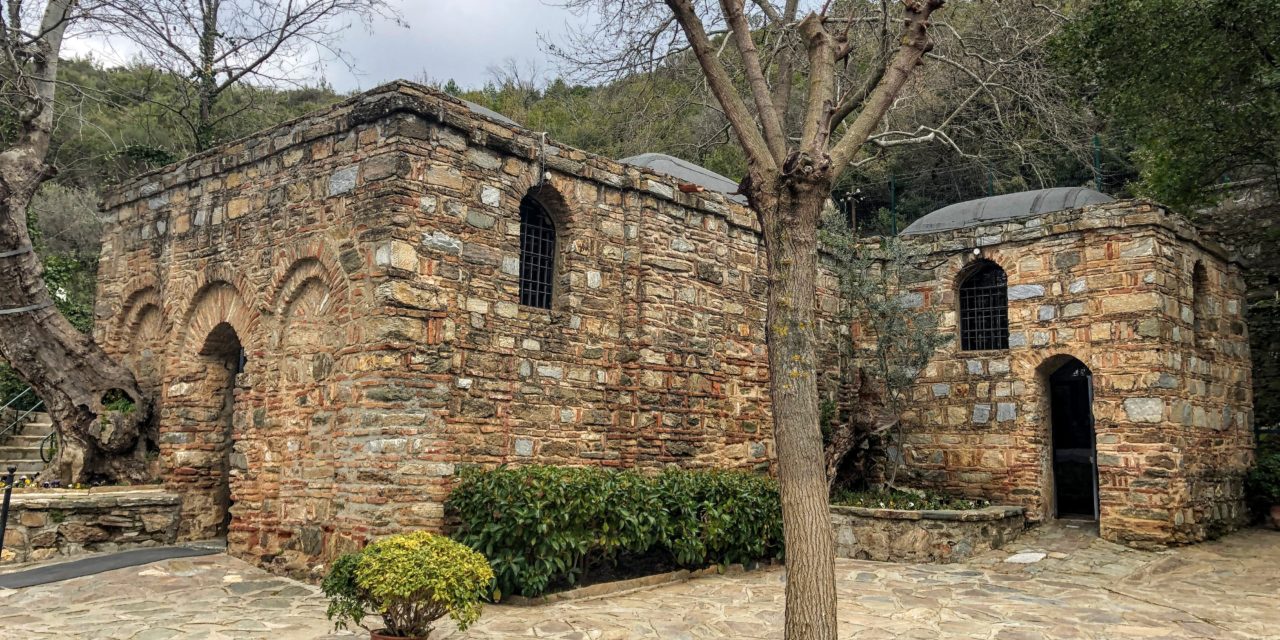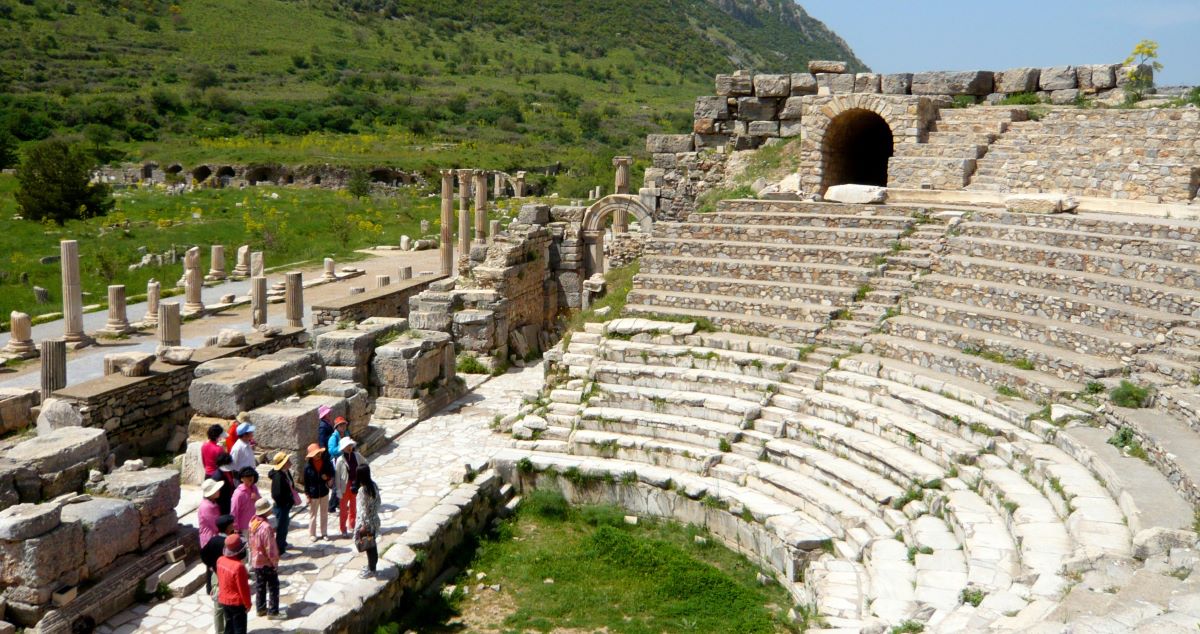The Virgin Mary's house is believed by some Christians to be the place where Mary…

The Marble Road of Ephesus: A Journey Through Time
The Marble Road was a vital artery of Ephesus, running through the heart of the city and connecting the harbor to the Library of Celsus. The road was named for its distinctive marble paving, which was not only beautiful but also functional, providing a smooth and durable surface for both pedestrian and wheeled traffic.
The Marble Road was also lined with a series of impressive structures, including temples, shops, and public buildings. These structures were constructed with the finest materials and decorated with intricate carvings, reliefs, and mosaics, showcasing the artistic and engineering prowess of the ancient inhabitants of Ephesus.
One of the most impressive structures along the Marble Road was the Gate of Augustus, which was built in honor of the Roman emperor Augustus. The gate was adorned with ornate decorations and served as a symbol of the power and prestige of the Roman Empire.
As one of the most important cities in the ancient world, Ephesus was a hub of trade and commerce, and the Marble Road played a crucial role in the city’s economic success. The road was home to numerous shops and stalls, where merchants sold a wide variety of goods, including food, clothing, and jewelry.
Despite the passage of time, much of the Marble Road has been remarkably well-preserved, allowing visitors to Ephesus to experience the grandeur and beauty of this remarkable ancient city. Today, visitors can walk the same road that was once traveled by ancient Romans, marveling at the intricate details of the structures that line the way and imagining what life was like in this bustling city nearly 2,000 years ago.
The Marble Road of Ephesus is an impressive testament to the power, wealth, and artistic achievement of the ancient Romans. Walking along this road is like taking a journey through time, and it is an experience that should not be missed by anyone interested in history, architecture, or culture.




This Post Has 0 Comments